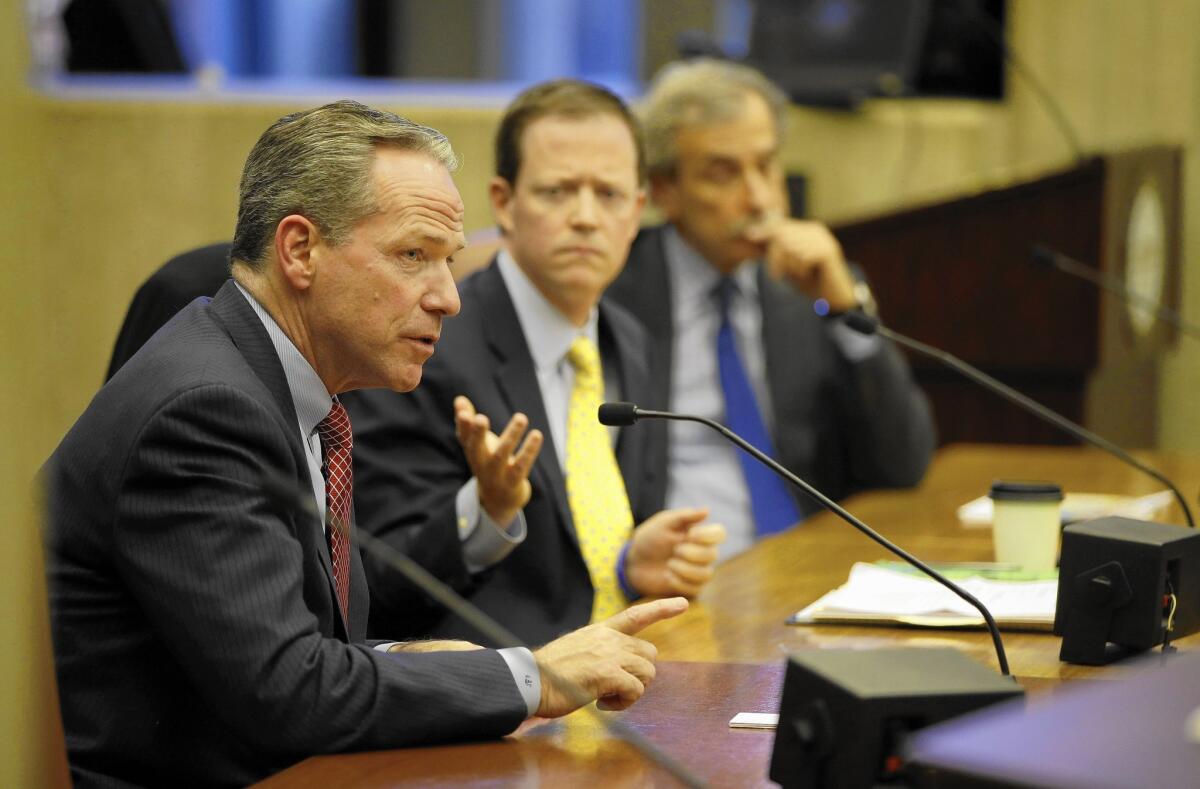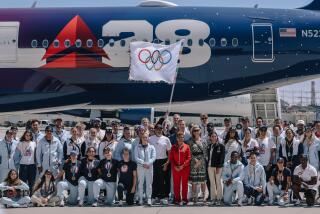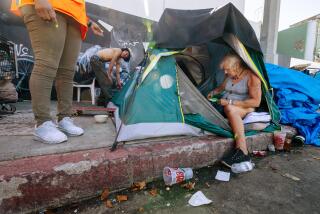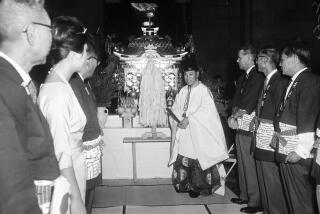Snow problems in Boston send a chill through 2024 Olympic bid

The hundreds of grumpy commuters crammed into South Station vented to one another as they waited to see whether their trains would be canceled or delayed. The snowiest winter on record had already exposed deep gaps in this city’s infrastructure and soured public will toward an event that Boston leaders hope will happen here in nine years: the 2024 Summer Olympic Games.
Just weeks after winning the competition to submit the United States’ bid for the Games, many residents here are kvetching, rather than celebrating, wondering whether a city that has been rendered unnavigable in recent weeks has the wherewithal to host hundreds of thousands of visitors, even in kinder summer months.
The nor’easters have exhausted patience for raising self-inflicted obstacles that have the potential for mass disruption, adding a visceral argument to meld with concerns over finances and other aspects of planning a large-scale event in one of the nation’s smallest major cities.
“We’re already crazy,” said Debbie Jones, an executive assistant whose 45-minute commute had been taking 2 1/2 hours. “I can’t imagine the Olympics, with 10 times more people.”
Winter will end, eventually. The question for Olympic boosters is whether distrust of the city’s ability to cope with extraordinary circumstances will melt along with the 8-foot snowbanks.
Boston’s icy reception to the Games may reveal something deeper about the city that likes to call itself the Hub of the Universe, often without irony. Though few cities rival Boston in sports fanaticism, many Bostonians find insulting the notion that they need validation on the international stage in the same way as Atlanta or Sochi, Russia. The world already looks to Boston, they say, as a leader in medicine, higher education and biotechnology, not to mention as the home of the Super Bowl champion New England Patriots and the regularly successful Red Sox.
“We don’t need the Olympics to do that,” said Pat Shaughnessy, a paralegal also awaiting a train. “People already know where Boston is.”
Many also ask why Boston should take on a multibillion-dollar project just a few years removed from the completion of the Big Dig, the most expensive highway project in U.S. history that tore up the city center for more than a decade and ran billions of dollars over budget. Organizers promise that private money would cover the $4.7-billion operating budget — modest by Olympic standards — and that federal taxpayers would shoulder the $1-billion to $2-billion security costs. They say $5.2 billion in transportation project spending is already planned by state officials.
A February poll found 44% of Boston-area voters supported bringing the Games to the city and 46% opposed it. That was down from a bare majority, 51%, who expressed support in a January poll, also taken for WBUR, the local National Public Radio station. Cities that have hosted the Games have registered much stronger local support, on the level of 70%, 80% or higher, though the polls were generally taken closer to the final bidding process, which is two years away for Boston.
Those leading the bid, a group of business titans headed by the city’s wealthiest construction magnate, know the challenge. Denver gave up hosting rights for the 1976 Winter Games when Colorado voters said no in a referendum. Referendums in Munich, Germany, and Krakow, Poland, led those two cities to opt out of bidding for the 2022 Winter Games.
Signs of reticence could sway the International Olympic Committee long before it awards the 2024 Games in 2017. But if Boston backers overcome local skepticism, the city — which surprised some by beating out Los Angeles, San Francisco and Washington for the U.S. bid — could have a shot at securing the first U.S. Summer Games since Atlanta’s in 1996.
“There’s a real appetite, a real hunger from the IOC members I’ve talked to for the United States to get its act together and have the Games again,” said Ed Hula, editor of Around the Rings, an Atlanta website that covers the Olympics. Hula said Boston’s main competition would come from Europe.
The Boston 2024 headquarters sits inside a bright open office with a competition ping-pong table, high-top bistro tables and a 10th-floor view of construction cranes on the South Boston waterfront, a redeveloped collection of loft condos, office towers and celebrity chef restaurants. As their bid has grown more realistic, organizers have hired a lobbying and public relations firm with close connections to former Gov. Deval Patrick, who himself is being paid $7,500 a day when he travels on behalf of the bid. The Boston Globe reported that former Gov. Mitt Romney, who ran the 2002 Winter Games in Salt Lake City, has also been a key player behind the scenes.
“Bostonians expect to be heard from early and often, and we didn’t get the early part right,” said Richard Davey, who was recently made chief executive of Boston 2024. “But we will get the often part right.”
Organizers have blamed the United States Olympic Committee’s selection process and the desire to keep their plans secret from other cities before the bid rights were awarded. But they have since been engaged in an aggressive public meeting schedule.
Davey, a former Massachusetts transportation secretary, knows the city’s demons.
“We’re getting over our Big Dig hangover for sure,” he said. “But we can’t be defined by that.”
He said the Big Dig and an extensive airport renovation completed in 2006 had set the stage for Boston to host the games without major upgrades that other cities might need. Supporters hope that in time, winter’s transit woes will be a selling point, giving the government a firm deadline to repair the ailing system.
“If we don’t solve our transportation problem, then we’ve got bigger problems,” Davey said. “But we’ve got years to do it.”
Davey points to money savers such as using college and university sites to host events, and promises “the most walkable Games in history.” (The definition of walkable is fairly loose. Planners envision holding preliminary rounds of baseball, soccer and basketball as far away as Washington, Chicago and New York.)
The bid also includes construction of a $400-million temporary main stadium in an area that is, arguably, the least walkable section in Boston: a collection of meat and fish processing plants and warehouses between a rail yard and highway overpasses leading into downtown. It’s hard on a frigid day to imagine 80,000 spectators flocking to a spot now covered in gray mounds of snow and reeking of seafood.
But boosters see an opportunity to redevelop an underused blot on the urban landscape and knit together the thriving neighborhoods around it. They have yet to release specific plans but expect private developers to build housing and retail there after the Games.
Mayor Martin Walsh said the Olympics would allow the city to accelerate planning for a host of improvements to coincide with Boston’s 400th anniversary in 2030.
“It allows an incredible legacy factor,” Walsh said. “Not for me, for the city.”
He added: “We won the bid at the USOC because of the city we are. We’re going around the world now marketing that.”
Walsh said he believed opposition was inflamed by accounts of cost overruns in other countries that “scare the heck out of you.” He also had to tamp down controversy when the Boston Globe reported in January that he had signed a document with the U.S. Olympic Committee banning city employees from speaking ill of the Games. Walsh and the USOC promised afterward that they did not mean to impose a gag order.
But doubts — fueled by outside analysts who say boosters are low-balling their costs — persist.
“It will bring a lot to the economy,” said Suzanne Scanlon, a 53-year-old office worker headed home on a recent evening. “My concern is whether it will make enough money to repay what we put into it.”
Twitter: @noahbierman
More to Read
Get the L.A. Times Politics newsletter
Deeply reported insights into legislation, politics and policy from Sacramento, Washington and beyond. In your inbox three times per week.
You may occasionally receive promotional content from the Los Angeles Times.











